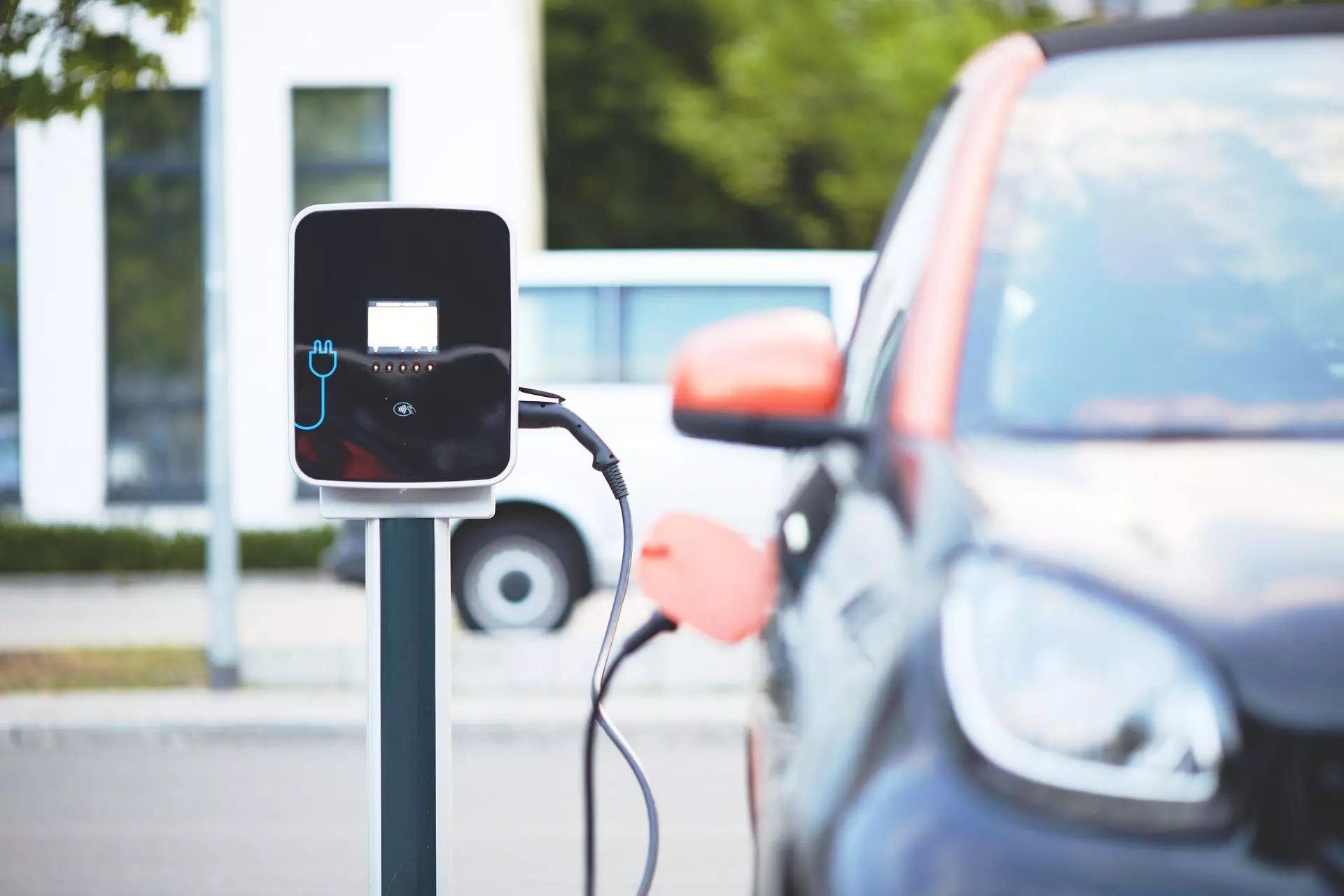In states like Florida, where hurricanes and severe weather are regular occurrences, the infrastructure supporting electric vehicles (EVs) plays a pivotal role in ensuring readiness and accessibility during emergencies. Recent research from the University of Florida emphasizes the pressing need to reinforce the resilience of public EV charging services. During periods of extreme weather—characterized by high winds and inundation—electric vehicle charging networks are significantly strained. Structural damages and limited access can impede the very services necessary for electric vehicle operation, sparking a critical dialogue on the intersection of electric mobility and climate preparedness.
The study, published in the Journal of Management in Engineering, draws attention to the multifaceted challenges that emerge when demand for electricity surges during storms. The interconnectedness of supply chains and local socioeconomic factors influences how well charging stations can function amid disasters. The parameters of community connectivity and station accessibility can drastically alter how these services withstand disruptions, revealing a need for comprehensive strategies aimed at improving resilience.
Lead researcher Dr. Yan Wang, who heads UF’s Urban Agility and Resilience Lab, underscores the importance of dynamic planning. He asserts that by employing advanced modeling methodologies alongside speculative scenario analysis, stakeholders can cultivate a deeper understanding of how various impacts could affect EV networks. Effective planning not only focuses on infrastructure durability but also prioritizes equitable access to electric vehicle charging—an aspect often overlooked in urban design.
Collaborating with Dr. Ruth Steiner and doctoral candidate Ziyi Guo, Dr. Wang’s research examines Hurricane Ian’s aftermath as a case study, utilizing the Tampa Bay area to elucidate strategies for reconciling the vulnerability of charging stations. The findings reveal a noteworthy pattern: well-integrated charging networks tend to recover more rapidly during climatic challenges, highlighting the crucial role of connectivity and user diversity in enhancing service sustainability during emergencies.
A significant finding from this study is the disparity in charging access, primarily affecting older individuals and low-income communities. These populations often encounter heightened risks during severe weather, both due to their geographical limitations and their limited access to resources. Guo points out that even communities situated far from immediate flood risks are indirectly impacted by outages of nearby charging stations. This illustrates the necessity for a systematic approach to expand EV charging access into underserved regions, ensuring that resilience strategies encompass the needs of all demographics.
The researchers advocate for equitable infrastructure planning, which is vital to promoting widespread EV adoption while mitigating social disparities. They propose that enhancing access to charging facilities in rural areas could alleviate some of the risks borne by marginalized populations during climate emergencies. The focus should not solely be on urban centers but on creating a network that serves diverse community needs, particularly those of vulnerable groups.
To better prepare for future climatic events, the UF research team introduced a counterfactual analytical framework employing a sophisticated multi-agent-based model. This innovative approach effectively simulates worst-case hurricane scenarios, providing pertinent data that facilitates proactive infrastructure development. Through their work, the researchers highlight how an uneven distribution of charging stations exacerbates existing inequities and hampers the broad-based adoption of electric vehicles.
Their findings point towards a pressing need for intentional planning that considers both the physical endurance of charging stations and the behavioral patterns of users during crises. By acknowledging these factors, planners can create comprehensive strategies that not only reinforce infrastructure but also enhance user accessibility and reliability.
With a keen eye on local implications, the researchers aim to investigate the effects of extreme weather on EV charging services within the University of Florida’s campus and other locales like Gainesville. Reflecting on the adaptability of their initial modeling techniques, Guo notes the potential to forecast and propose enhancements tailored to specific regional challenges, such as flooding and climate change.
The versatility of their methodology extends beyond EV resilience assessments, as it can be pivoted to address a range of urban planning contexts. This broader application showcases the necessity for responding to climate risks with a mindset geared towards sustainability, accessibility, and community equity.
The intersection of climate resilience and electric vehicle infrastructure in Florida presents a unique opportunity to rethink urban planning strategies. Through proactive, data-driven approaches, communities can develop robust charging networks that withstand the test of extreme weather events while promoting equitable access for all residents. The research spearheaded by the University of Florida serves as a crucial blueprint for enhancing the resilience and adaptability of electric vehicle support systems in an increasingly unpredictable climate landscape.

